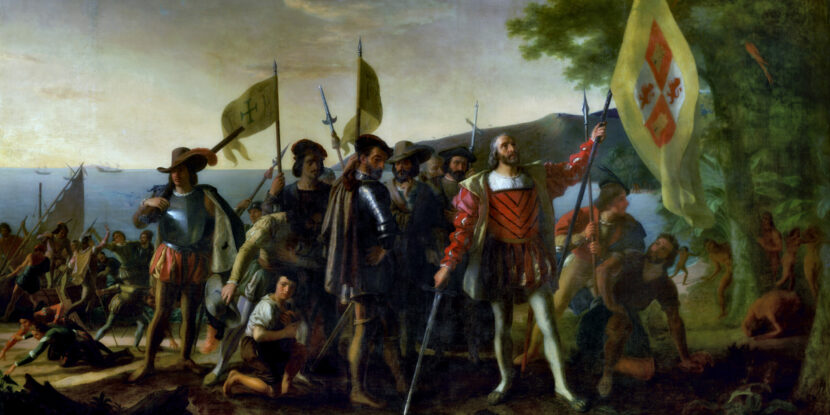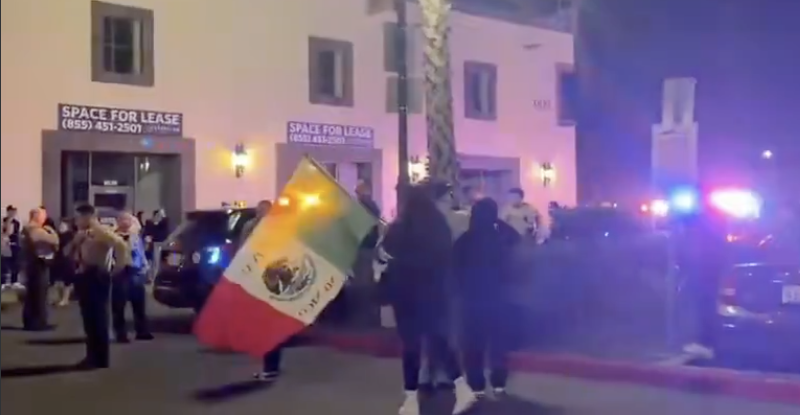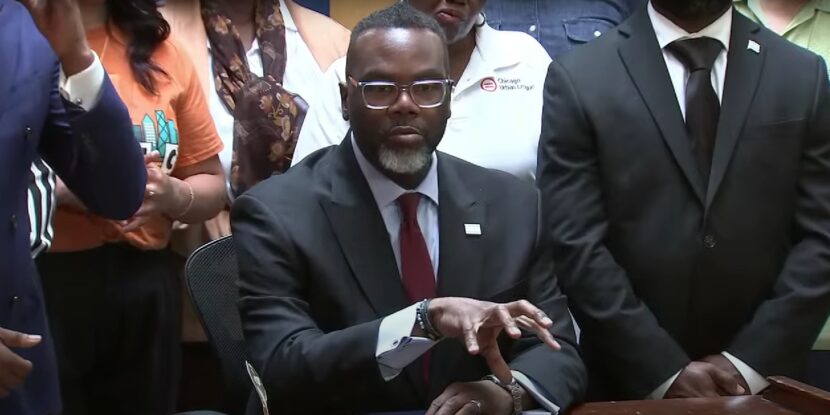According to state administrative and human resources websites, only 16 states and American Samoa are celebrating Columbus Day as an official public holiday. In various states, the day has been rebranded as Indigenous Peoples’ Day, in deference to the leftist narrative that Christopher Columbus should be regarded as a villain rather than a hero.
California has previously marked Columbus Day as Indigenous Peoples’ Day through gubernatorial proclamations despite not designating it as an official public holiday. Vermont, Maine, and New Mexico renamed the holiday Indigenous Peoples’ Day in 2019 and maintain it as an official holiday.
Some states and territories recognize the day under multiple identities. Nebraska and Rhode Island acknowledge it as both Columbus Day and Indigenous Peoples’ Day. The U.S. Virgin Islands emphasize Virgin Islands-Puerto Rico Friendship Day on the same date, and Alabama observes it as Columbus Day, American Indian Heritage Day, and Fraternal Day simultaneously.
Distinct regional adaptations are also present. South Dakota has celebrated Native American Day on this day since 1990, and Puerto Rico observes it as Día de la Raza, or ‘Day of the [Hispanic] Race.’
Colorado replaced Columbus Day with a holiday honoring Frances Xavier Cabrini, the Italian-American founder of the Missionary Sisters of the Sacred Heart of Jesus, in 2020.
Columbus is the most prominent Italian celebrated in the U.S., chiefly for his discovery of the Americas in 1492—Leif Erikson notwithstanding—and has long been a source of pride for Italian Americans. Statues of Columbus are regularly targeted by far-left activists who believe Europeans’ settlement of the New World was a bad thing, with Italian Americans stepping forward to restore them.
In recent days, the media have begun pushing claims Columbus was actually a Spanish Jew, not an Italian.





















